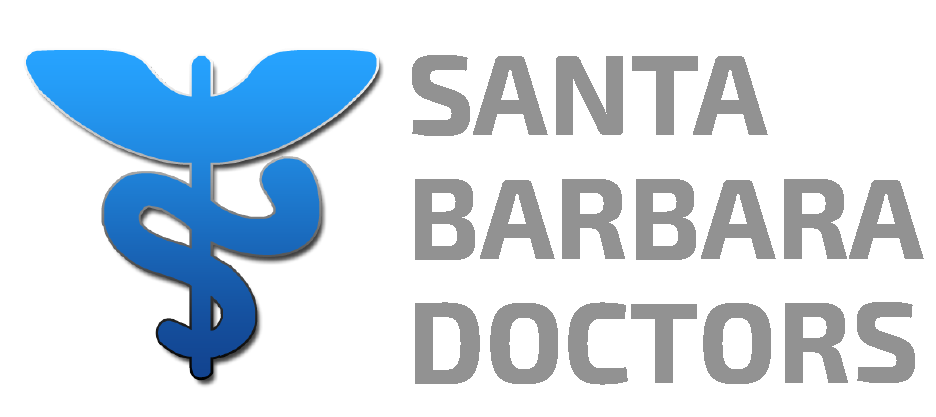Santa Barbara Doctors ExtraCare – January 2022 Newsletter

January 2022 ExtraCare Newsletter

COVID, COVID everywhere……
This month we remind you of the latest quarantine and isolation guidelines and update you on recent outpatient therapies.
Please know that we are doing our best to address your needs in a timely manner.
Our office staff has not been immune to the effects of this latest COVID surge and we ask for your patience and understanding as we work to get through this challenging month.

By: Dr. Barbara Hrach
COVID is everywhere right now in Santa Barbara so I thought it timely to remind you about how to manage an exposure or positive COVID test. Quarantine and isolation recommendations as well as outpatient therapeutics are changing so rapidly that even I am having trouble keeping up.
So what do you do if you are exposed to COVID?
The CDC defines an exposure as close contact (within 6 feet for a total of 15 minutes or more) to a person with COVID-19 who has symptoms (in the period from 2 days before symptom onset until they meet criteria for discontinuing home isolation) or a person who has tested positive for COVID-19 (laboratory confirmed) but has not had any symptoms (in the 2 days before the date of specimen collection until they meet criteria for discontinuing home isolation).
The recommended length of quarantine after exposure depends on your vaccination status. For unvaccinated or vaccinated but not boosted individuals you must quarantine at home for five days and test at least five days after exposure. For fully vaccinated individuals or those who had COVID within the past 90 days, quarantine is not mandated but testing after five days is recommended. Anyone exposed should monitor for symptoms for a total of ten days and test immediately if they develop.
So what do you do if you test positive for COVID?
Most of us who are fully vaccinated and boosted should do just fine if infected with
COVID.Our recommendation is to begin daily monitoring for signs of trouble breathing, elevated temperature (above 100 degrees) and low blood oxygen (below 93%) and notify our office immediately if these occur. Individuals at higher risk for progression to severe disease include those over age 65, those with cancer, chronic kidney disease, chronic liver disease, chronic lung disease, dementia, obesity, diabetes, heart disease, down syndrome, HIV disease, weakened immune system, mental illness, pregnancy, smokers and those with organ transplants or unvaccinated individuals.

Monoclonal antibodies:
Although there are a number of monoclonal antibody formulations on the market (sotrovimab, casirivimab-imdevimab, bamlanivimab-etesevimab), only sotrovimab is effective against the omicron variant, so it is the only monoclonal antibody available locally. These treatments are somewhat difficult to obtain logistically, as they require an IV infusion and, of course, patients that are COVID-19 positive need to remain in isolation during the infusion.
This is accomplished by giving the infusions in the emergency department at Goleta Valley Cottage Hospital. We can arrange this by appointment on an outpatient basis. Supply of this medication is extremely limited. As of two weeks ago the hospital had run out of the medication. Earlier this week they received 28 doses. Due to high demand and limited supply, it is now available only to very high-risk patients.
Antiviral medication:
Pfizer recently released their much-awaited COVID-19 specific antiviral medication Nirmatrelvir-ritonavir (brand name Paxlovid), a combination of oral protease inhibitors. In high-risk patients, this has been shown to be nearly 90% effective at preventing hospitalization and death from COVID-19 infection. It is an oral medication that can be taken in the comfort of one’s own home and seems to be very well tolerated. Unfortunately, it is also in short supply.
There are no pharmacies in Santa Barbara or Goleta that have it. As of the time that I write this, the nearest pharmacy that has it in stock as in Lompoc. It is also available at pharmacies in Santa Maria and Santa Paula. Local pharmacies are eagerly awaiting new shipments. Molnupiravir (released by Merck), an oral nucleoside analogue that inhibits SARS-CoV-2 replication, is not considered a preferred treatment for COVID-19 infection. It is less effective than the above therapies at preventing hospitalization and death (31% effective in one study that was done on unvaccinated individuals) and contraindicated in patients less than 18 years old (due to cartilage and bone toxicity) and also generally contraindicated in women of childbearing age, pregnancy and lactation. It can be used when the above therapies are not available.
Therapies of limited value:The following therapies are under investigation, but there is not high-quality data demonstrating benefit. They should not be used in the outpatient setting outside of clinical trials. It should be noted that this data is evolving. Therapies under investigation include: fluvoxamine, convalescent plasma, systemic glucocorticoids, inhaled glucocorticoids, colchicine, ivermectin, hydroxychloroquine and
azithromycin.

Copyright © 2021 Santa Barbara Doctors, All rights reserved.
You are receiving this email because you are an ExtraCare patient of Barbara A. Hrach M.D. FACP
Our mailing address is:
Santa Barbara Doctors
229 W. Pueblo Street
Santa Barbara, CA 93105-3804
Want to change how you receive these emails?
You can update your preferences or unsubscribe from this list.

